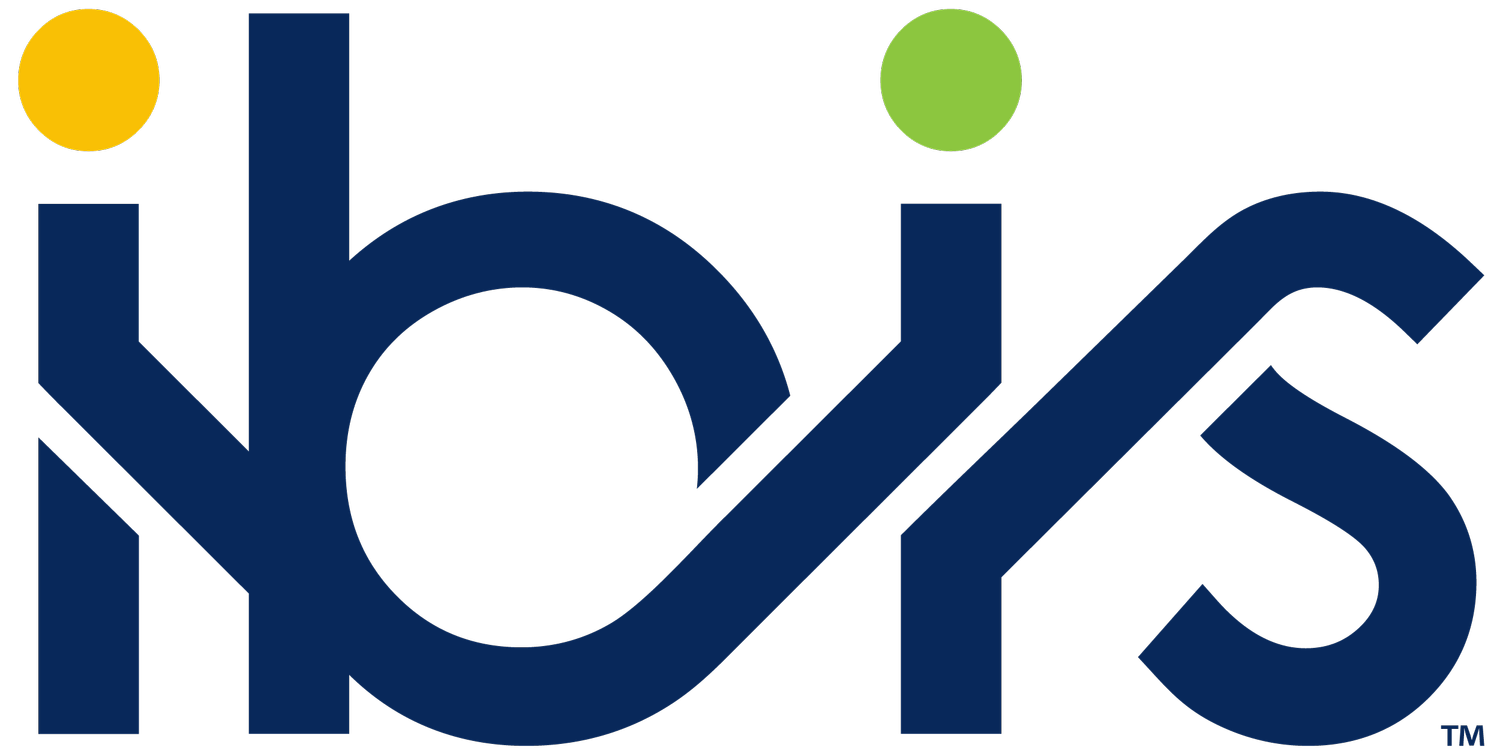Self-Care, Wellbeing, and DEI
Even though summer is ending with vacations and getaways a bit fewer and further between, Fall is still sprinkled with opportunities to take a break from the workplace …
… whether it’s a long weekend, an afternoon off, or a full vacation (that includes not checking email!).
Everyone needs a break now and then, but in DEI work, those breaks carry an outsized impact.
Our consultants have found that when professionals take time and space away from the office, and set boundaries to protect their time, they not only strengthen their own resilience, but they also invest in organizational DEI.
As we know, burn-out is all too common, and it is so important to prioritize self-care and to be intentional about maintaining a healthy distance from the workplace when we are taking time off.
Supporting DEI in the Workplace by Respecting Boundaries
It’s important that leaders are able to respect the vacation time and boundaries set by DEI leaders… and by all employees of color.
Calls, emails and projects should pause while that employee is away, and people should find ways to accommodate employees with flexibility in meeting schedules.
Allowing the space for reflection and rest is part of how we value diversity.
Inclusion must incorporate the need for distance.
Guidelines for Self-Care
Ibis Senior Consultant Dr. Enin Rudel has developed a set of guidelines designed to help build and develop self-care practices.
Self-care includes taking care of your entire being, i.e. Your physical self, psychological self, emotional self, spiritual self, and workplace self.
Practicing self-care includes the following
routinely engaging in physical activity
consuming a healthy diet
prioritizing your sleep health
engaging in social activities
having interest and productive outlets
setting time aside for yourself (to reflect, meditate, etc.)
and setting goals.
Engage in activities that make you happy and align with your values.
Know your triggers and identify some techniques to confront them.
Stand up for yourself in whatever way feels the most appropriate for you to do so.
Communicate your emotions and lessen the emotional burden of keeping things to yourself.
Seek guidance from family and friends but understand when you need to receive professional support.
Establish a network of allies that support your goals and objectives.
Set boundaries in all your relationships, including professional relationships and personal relationships.
Remember that work is what you do, not who you are. Take your earned vacation time from work. It does not matter if you don't actually go on a vacation but spending time to rest and reset is equally as important!
Stress & Race
Inclusive leaders recognize that employees of color have more stress than white employees.
The amount of stress that different people have is often tied directly to the effects of racism.
Black women experience greater levels of stress than white women, and NIH studies suggest it impacts their long-term health.
Chronic stress from racism, rather than race, has significant impacts on mental health.
Being an “only” or one of the few people of color in a group also carries a steady stream of stress.
Leaders who don't factor this data into employee relations, and adapt their management style, accordingly, tend to run the risk of contributing to this challenging dynamic.
We hope you’re able to include rest in your own Fall planning, whether it’s a couple of hours or a couple of weeks (or more!).
Find out more.
To learn more about how Ibis can help support DEI and self-care in the workplace, reach out to us today.



